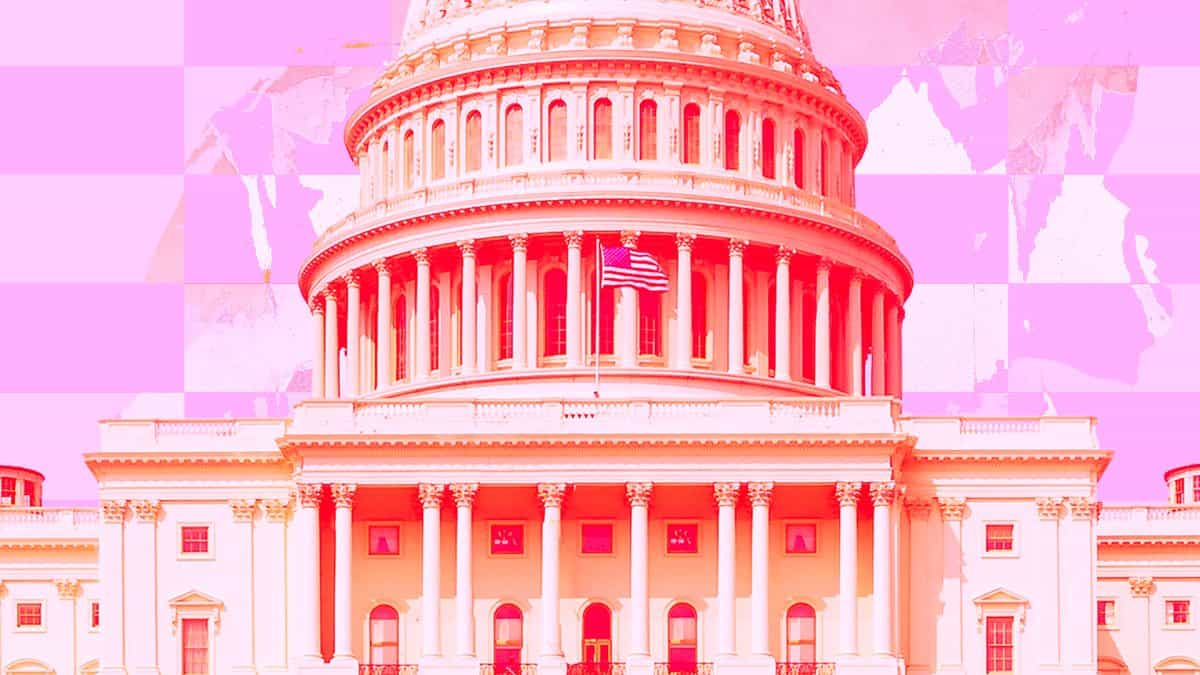US lawmakers face-off over prospects for CBDC during Congressional hearing

Quick Take
- Some lawmakers warned of “fear-mongering,” while others said a CBDC carries privacy concerns.
- So far 130 countries, representing 98% of the world’s gross domestic product, are exploring a CBDC, according to the Atlantic Council.

U.S lawmakers weighed the pros and cons of issuing a central bank digital currency on Thursday, facing a marked divide over the sometimes opposing poles of privacy concerns and innovation leadership.
Rep. French Hill, R-Ark., asserted that the Federal Reserve would need the go ahead from Congress before issuing a CBDC.
"Let me be unequivocally clear here for this audience: there is no support for a CBDC in Congress, except from those on the fringes who think somehow a CBDC might be an amazing solution to many unstated global problems," Hill said in his opening remarks during a House Financial Services subcommittee hearing.
The Federal Reserve has been exploring the possibility of issuing a CBDC, though an official said last week that the central bank was not close to developing it quite yet. The Fed last year released a report examining the pros and cons of a CBDC.
So far 130 countries including the UK and Japan, representing 98% of gross domestic product, are exploring a CBDC, according to the Atlantic Council.
State of play
Conservative politicians have been charging against a CBDC for a while. Florida Governor and presidential candidate Ron DeSantis signed a bill in May to ban the use of a federal CBDC in the Sunshine State. Vivek Ramaswamy, another presidential candidate, has also taken a strong position on CBDCs.
“Every GOP candidate needs a clear answer to CBDCs: hell no,” Ramaswamy posted in March on X.
In the House, Rep. Tom Emmer, R-Minn., reintroduced his CBDC Anti-Surveillance Act this week that would block a CBDC on the federal level, citing privacy and surveillance concerns.
Rep. Stephen Lynch, D-Mass., meanwhile, reintroduced his bill, the Electronic Currency and Secure Hardware (ECASH) Act, on Thursday. The bill would work to create an electronic version of the digital dollar that would complement the Federal Reserve’s efforts and would “maximize consumer protection and data privacy, and advance U.S. efforts to develop and regulate digital assets.”
Lynch also announced the creation of a Digital Dollar Caucus, tasked with keeping Congress up to date on certain issues around a CBDC including financial inclusion, fraud prevention and privacy.
"I worry about some of the recent false narratives and fear mongering, much of which has been fueled by the crypto industry itself," Lynch said during the hearing. "That fear mongering around a CBDC being weaponized as a tool for government surveillance or control. It's important to correct some of the inaccurate and misleading claims that could lead us to shut down innovative policy approaches before we have even begun a meaningful discussion."
Rep. Wiley Nickel, D-N.C., argued that CBDCs should not be a partisan issue, and said they have worked together across political parties in the House Financial Services Committee.
"The United States must remain the global financial leader, especially with the dollar's role as the global reserve currency," Nickel said. "We can’t afford to fall behind or lose our global influence."
Nickel also said lawmakers should approach CBDCs "cautiously" citing concerns of privacy and surveillance.
Corrects characterization of Rep. Lynch’s bill in paragraph about the ECASH Act to one that would create an electronic version of the digital dollar
© 2023 The Block. All Rights Reserved. This article is provided for informational purposes only. It is not offered or intended to be used as legal, tax, investment, financial, or other advice.



